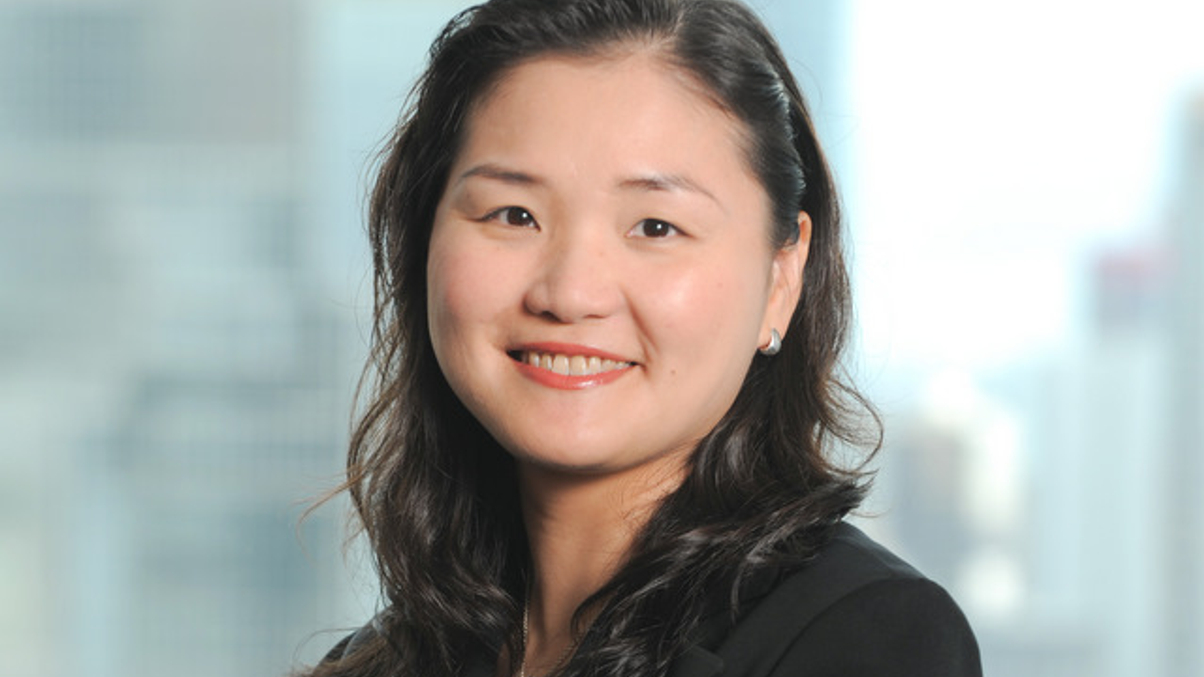International firm to delist all its ETFs in Hong Kong
Sources suggest the fund manager in question is Lyxor, which has just seen the departure of ETF sales and marketing executive Christine Huang.

Against a backdrop of tighter rules on and greater scrutiny of exchange-traded funds – particularly of the synthetic variety – an asset manager is set to delist all its ETFs in Hong Kong.
Sign in to read on!
Registered users get 2 free articles in 30 days.
Subscribers have full unlimited access to AsianInvestor
Not signed up? New users get 2 free articles per month, plus a 7-day unlimited free trial.
¬ Haymarket Media Limited. All rights reserved.


